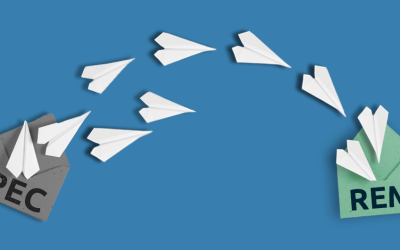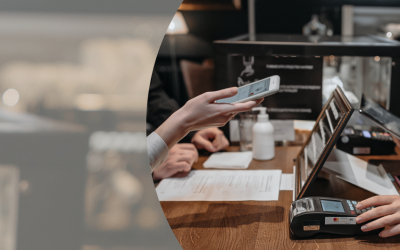We guide your company in Digital Transformation
Our solutions create the digital experiences that users demand,enabling meaningful transformation at any scale
Collaborations
that make the difference


Digital transformation,
business ideas
Digital solutions,
innovation is a value

agli eventi
Qualified e-Archiving: a guide to the new Qualified Digital Archiving
Discover what Qualified e-Archiving is, its implications, and how to implement it according to the eIDAS 2.0 regulation for secure and compliant digital ...
REM Certified Email: the new european standard for secure communicati...
Certified Electronic Mail (PEC) will be replaced by Registered Electronic Mail (REM), a new European standard for secure communications, which will ensure greater interoperability and ...
EPREL and the Electronic Seal: how to obtain and apply it
Manufacturers and distributors of electronic equipment will be required to apply the qualified electronic seal on the EPREL portal. Let’s explore what the Qe-Seal is and how it ...
BNP Paribas Cardif: customer experience and security first
Success stories told by our ...
Mandatory electronic invoicing in Germany from 2025
Electronic invoicing will become mandatory in Germany for all B2B and B2G transactions, marking a significant step towards business ...
GetYourBill, simple and error-free invoicing
Success Stories as told by our ...










































